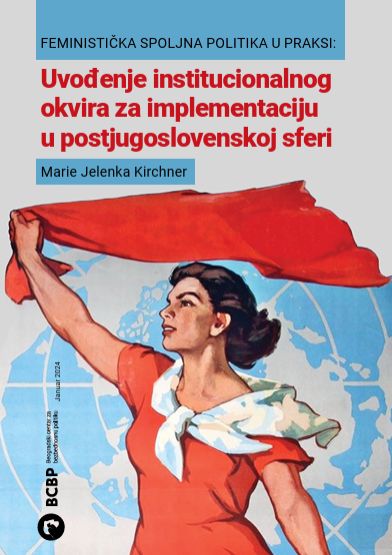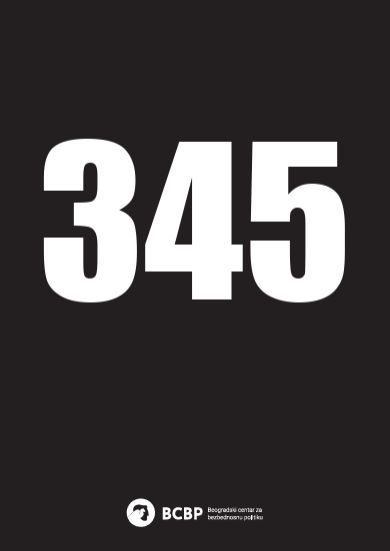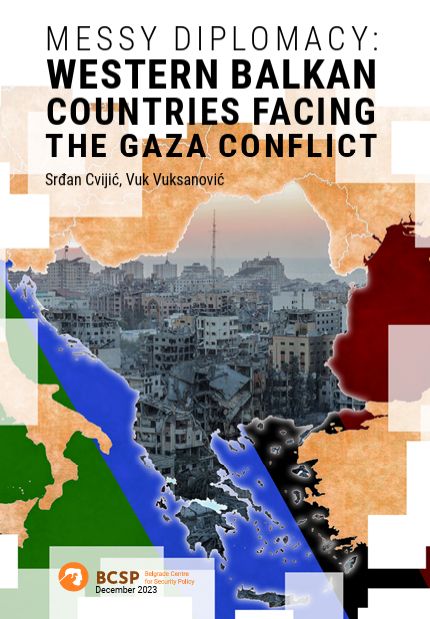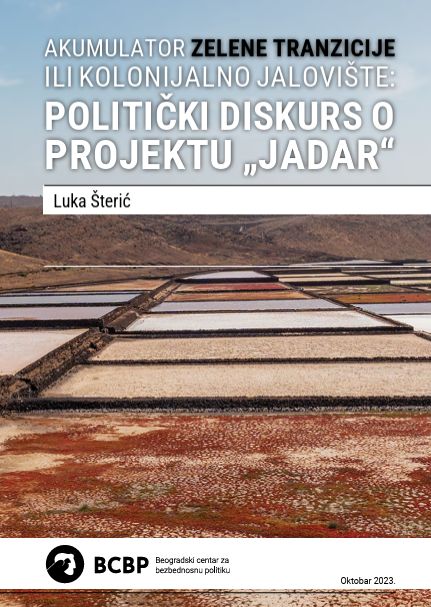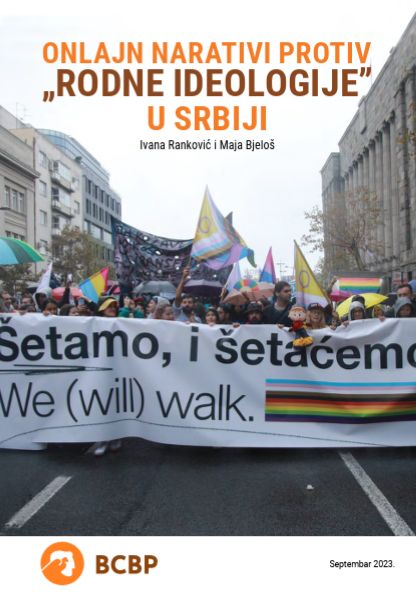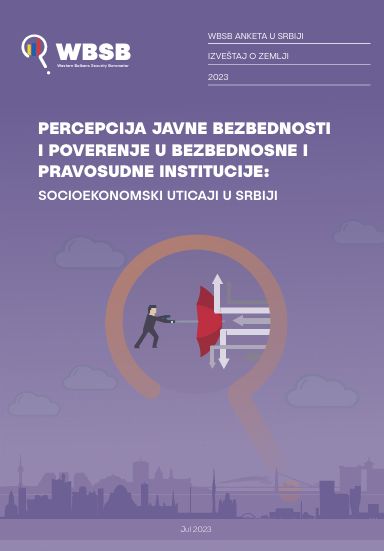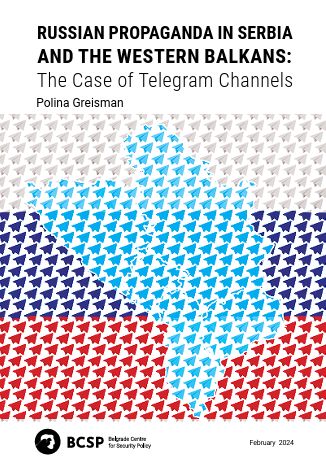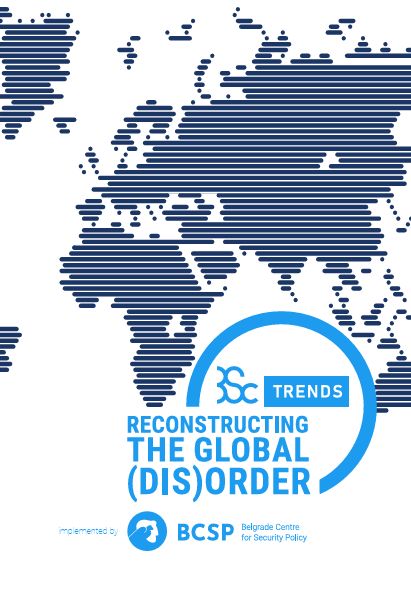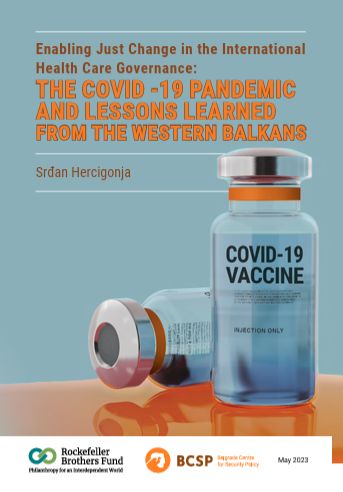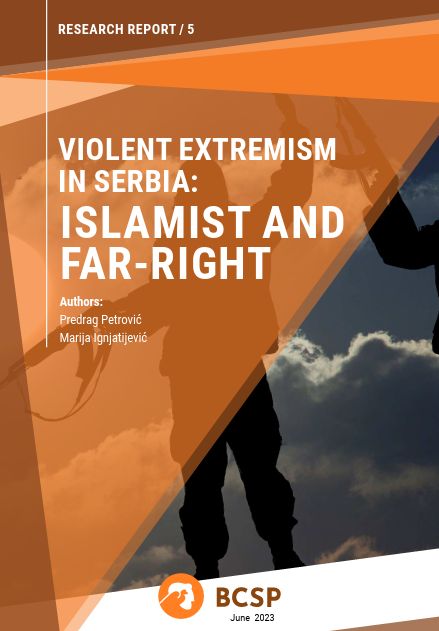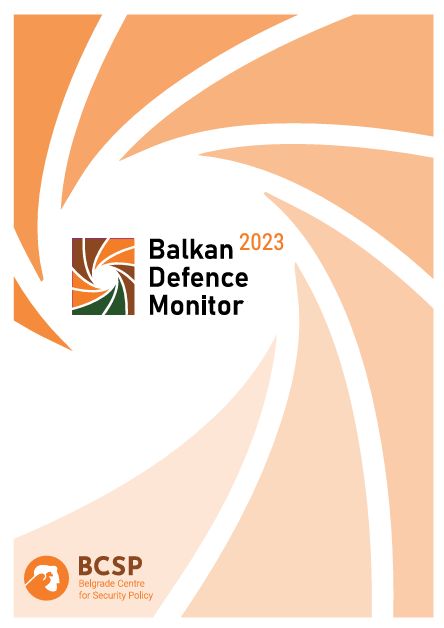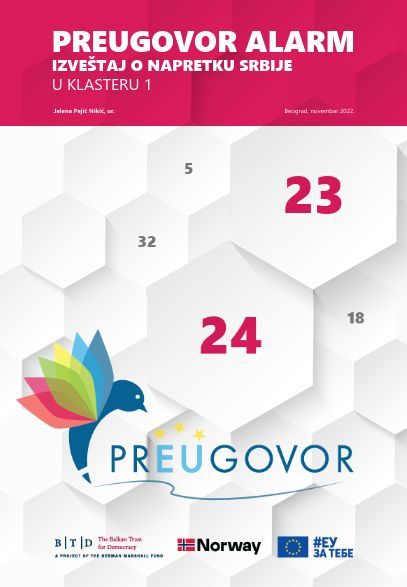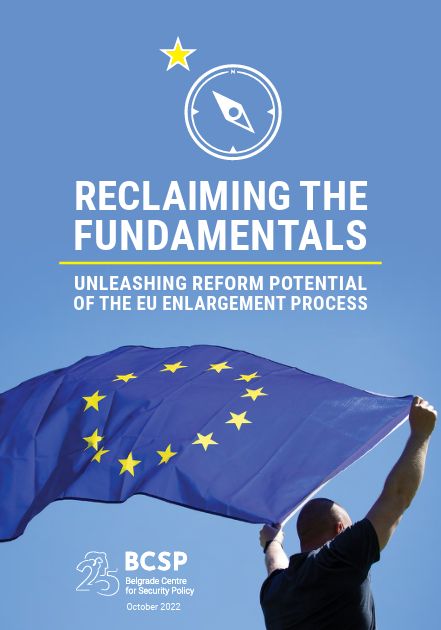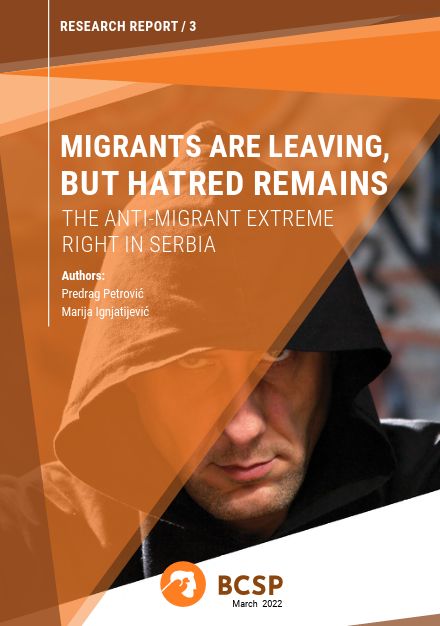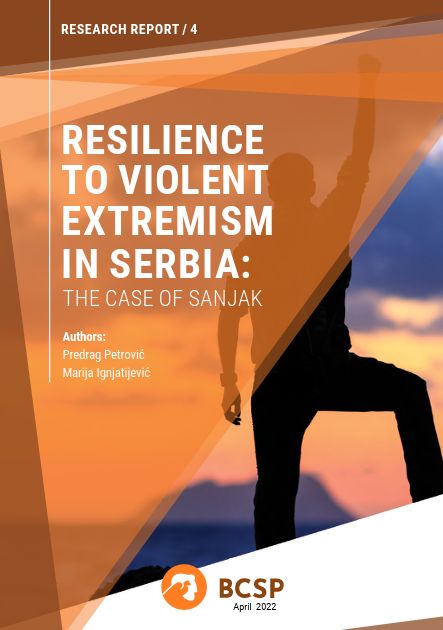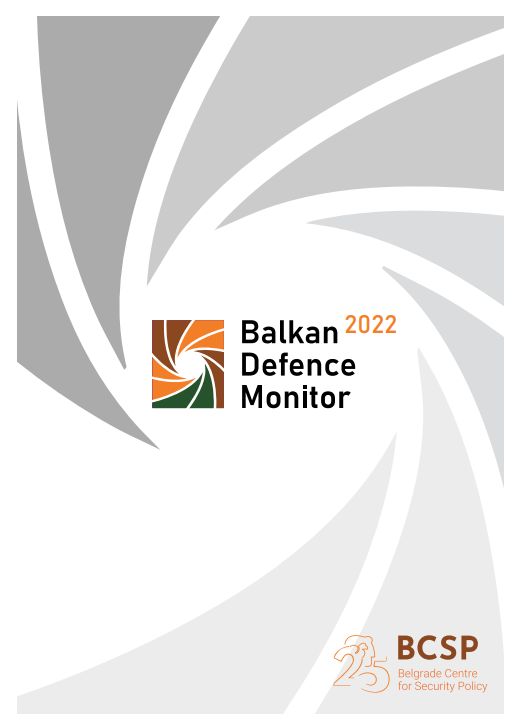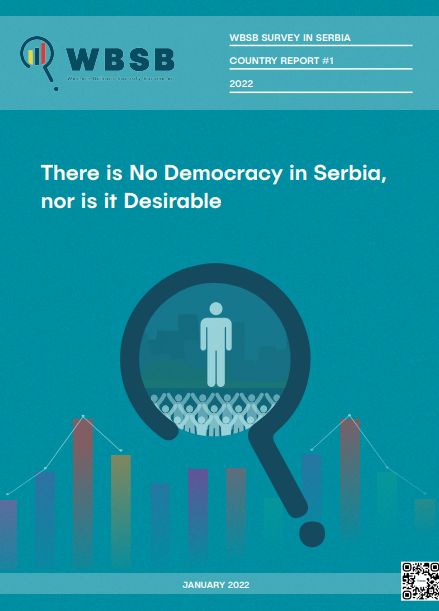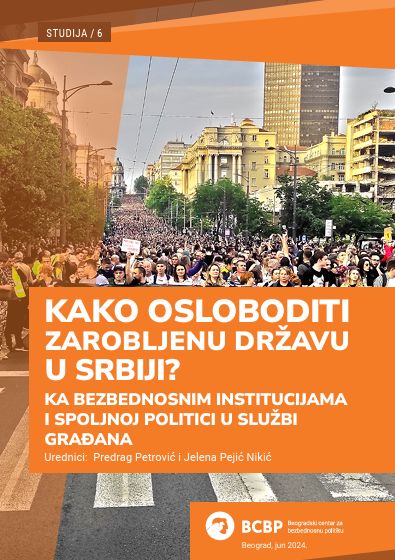
How to free the captive state in Serbia? Towards security institutions and foreign policy in the service of citizens
Kako osloboditi zarobljenu državu u Srbiji? Ka bezbednosnim institucijama i spoljnoj politici u službi građana
Keywords: Serbia; hybrid political regime; Security institutions; democracy; security intelligence services; police; private security companies
Numerous findings of domestic and foreign research organizations unequivocally indicate that Serbia is a captive state with a hybrid political regime. Security institutions play a major role in the capture of the state and the collapse of democracy in Serbia, as well as in preserving this state of affairs. The Belgrade Center for Security Policy (BCBP) was among the first organizations in Serbia to notice this negative trend, and during 2019 and 2020 it investigated and documented in detail the role of the security intelligence services, the police, the army and private security companies in state capture, as well as the impotence of supervisory and control authorities.
More...
